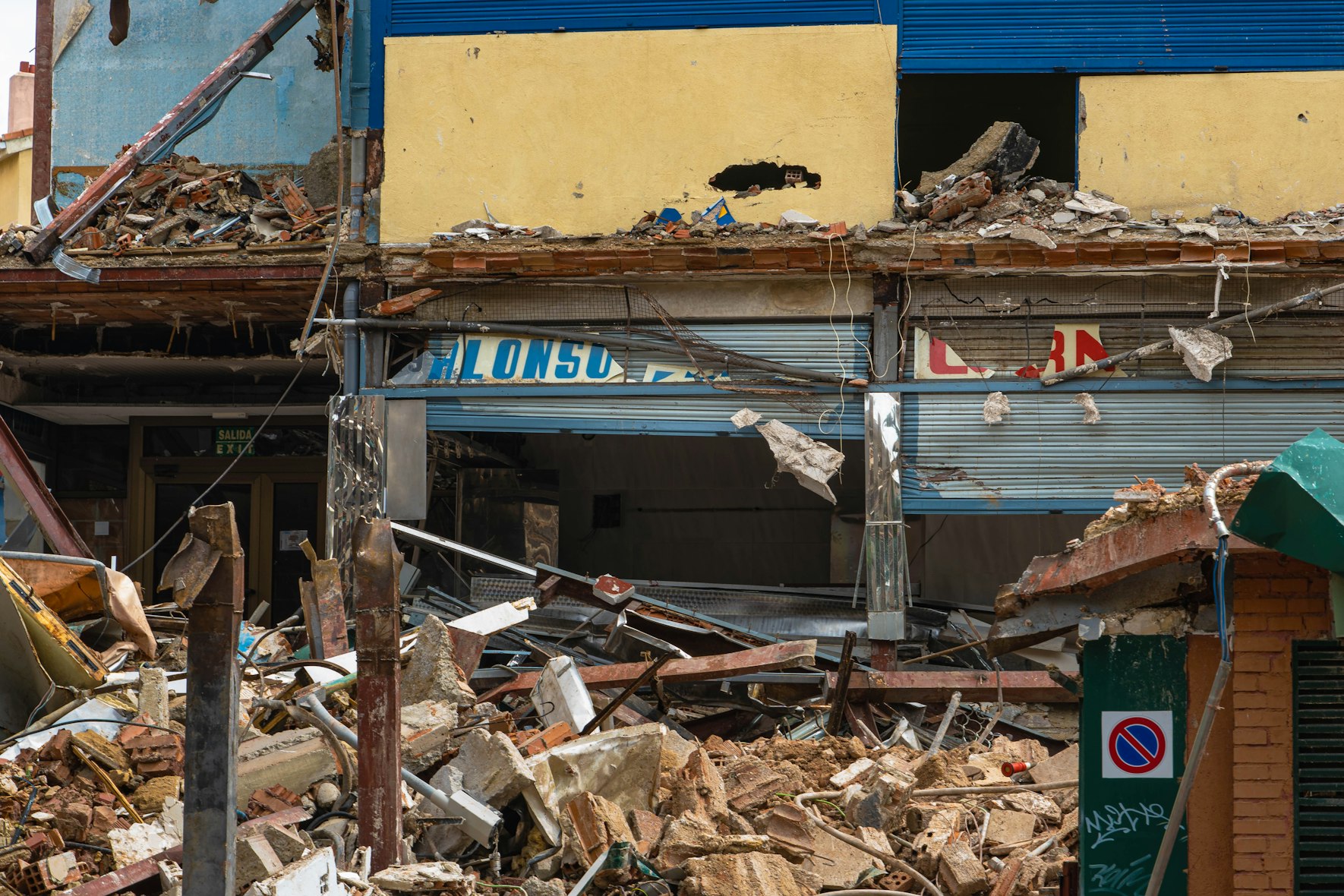
What Causes Earthquakes?
There are three types of earthquake waves: primary waves (P-waves), which are compressional and move the fastest; secondary waves (S-waves), which are transverse and slower than P-waves; and surface waves, which are the slowest and cause the most damage. Earthquakes are caused by the movement of tectonic plates and are measured using the Richter scale, which takes into account the magnitude and intensity of the shaking at a particular location.
December 27

The 10 Deadliest Earthquakes in Human History
Earthquakes are one of the most destructive natural disasters that can occur, and throughout history, there have been many earthquakes that have caused widespread damage and loss of life. Some of the deadliest earthquakes in history include the Great Kanto Earthquake of 1923 in Japan, which resulted in the deaths of over 140,000 people, and the Tangshan Earthquake of 1976 in China, which resulted in the deaths of over 240,000 people. The Sichuan Earthquake of 2008 in China, the Haiti Earthquake of 2010, and the Sumatra-Andaman Earthquake of 2004 also caused significant loss of life, with over 87,000, 316,000, and 230,000 deaths, respectively. Other deadly earthquakes include the Great Chilean Earthquake of 1960, the Bhuj Earthquake of 2001 in India, the Iran-Iraq Earthquake of 2017, the Armenian Earthquake of 1988, and the San Francisco Earthquake of 1906. These earthquakes all caused widespread damage and loss of life, and their impact is still felt today.
December 20

Where Does Earthquake Data Come Form?
Earthquake data is collected and analyzed by a variety of organizations and agencies around the world, including the USGS, EMSC, CEA, and JMA. It is used for the development of earthquake early warning systems, the creation of earthquake hazard maps, the assessment of earthquake risk, and the study of earthquakes by scientists.
December 13

How do I prepare for the next earthquake?
To prepare for an earthquake, it's important to make a plan, secure your home, assemble an emergency kit, learn how to turn off utilities, and stay informed. These steps can help protect you and your family in the event of an earthquake and ensure that you are prepared to respond appropriately.
December 06

Tips to Prepare Your Home for An Earthquake
To make your home earthquake ready, you should secure heavy objects, brace water heaters, check gas appliances, install shatterproof glass, keep emergency supplies on hand, and have an evacuation plan. By taking these steps, you can protect your family and property from the dangers of an earthquake.
November 29